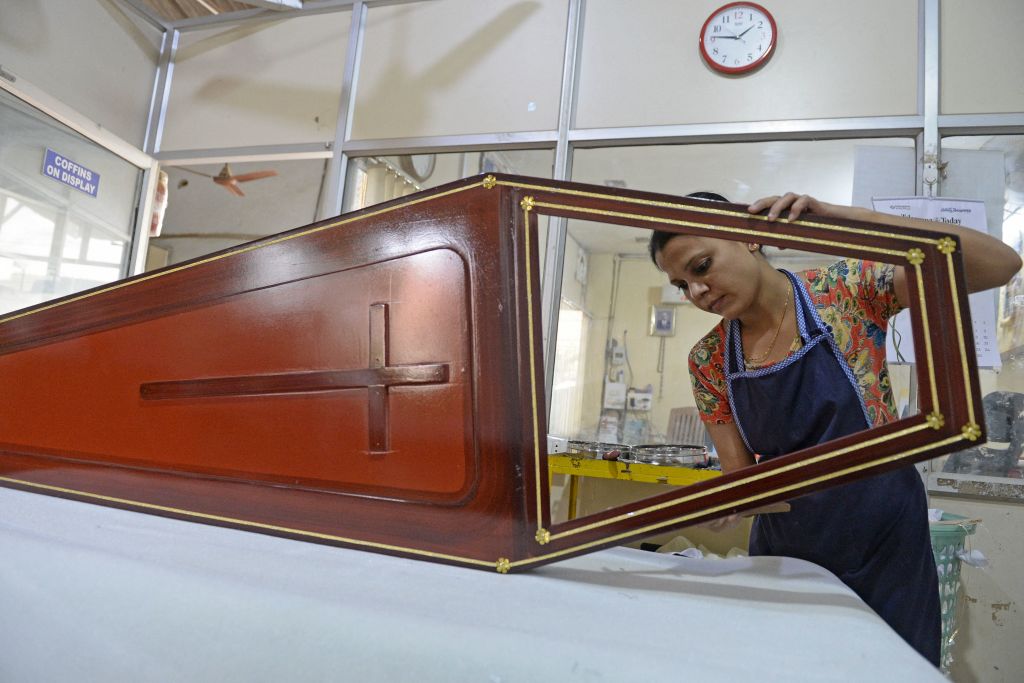Surbhi Das began to feel that India was losing control of COVID earlier this month when seven of her colleagues and three patients tested positive for the virus. She worked in the COVID ward of All India Institute of Medical Sciences, Rishikesh for three months last year but, Das says, the situation at the hospital is 10 times more severe now.
There are 15 wards, including seven ICUs, solely dedicated to COVID patients. Every day, 100 people are testing positive at the lab, she says. She works long days, tending to emergency patients. There is a shortage of gloves, gauze, and cotton.
“The sight is frightening,” she says. “Every day, I see around a hundred people lined up in the lobby, waiting to get tested. They are scared; they have questions. And we don’t always know how to answer them. There is an eerie silence in the COVID wards, which gets disrupted every now and then when the guards shout ‘Positive patients coming through!’ or when someone cries after losing someone.”
Doctors are turning away patients. States are fighting over oxygen. Those with internet access are turning to Twitter to search for hospital beds, medicines, oxygen, and plasma donors. On April 17, 65-year-old freelance journalist Vinay Srivastava died in Uttar Pradesh, waiting for medical help for at least 20 hours. He kept live-tweeting the drop in his oxygen level until it plummeted to 31, after which his son tweeted to say that his father was no more.
In Uttarakhand, where Das works, the government organized a massive religious fair where millions gathered. The state’s chief minister, a member of Modi’s BJP, said that devotees’ faith would help them overcome the fear of COVID. The fair ended on April 28 and a curfew has been imposed in the region till May 3.
Das said that her colleagues, who had been sent to a makeshift hospital at the event, caught the virus, too. “And then I receive promotional messages on my phone from the government, inviting me to the fair. I fall short of words.”
Das said that she hasn’t seen her parents in the last four months. The last time they visited her, in December, she tested positive for COVID and her parents got sick, too. “That guilt is horrible. They keep asking me to visit them but how do I do that? They are worried and scared all the time.”
Das is also bracing for worse times ahead. “Last year, on some days, we would lose as many as four people per shift at ICUs. This time, it has just started.”
The crisis is taking a toll on doctors’ mental health, she said. “It’s so difficult to watch a patient deteriorate despite all the care you provided. You keep questioning yourself if there’s something you could have done differently to save them. It’s mentally taxing.”



